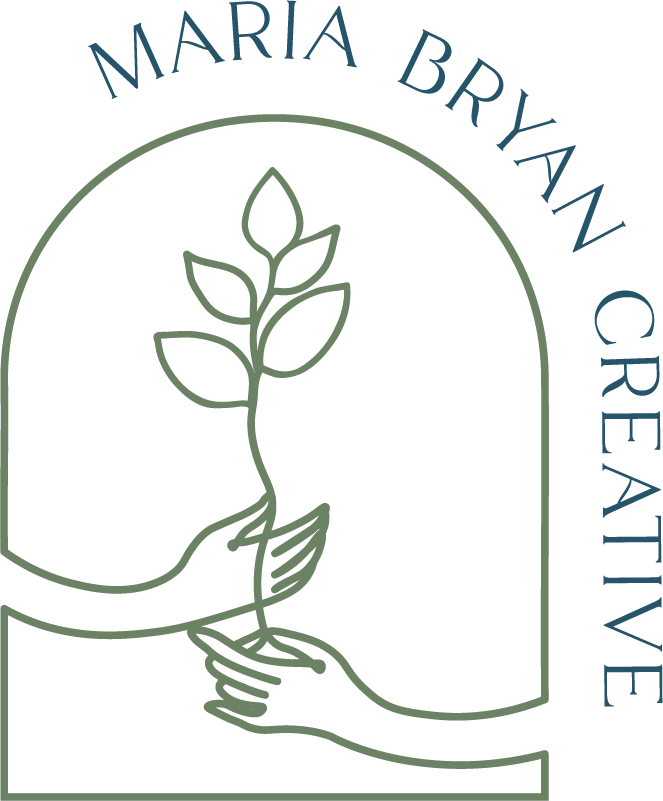All the times I felt like a fraud
Do you know what topic I’m really glad we’re talking about these days? Imposter syndrome.
This comes up a lot when I chat with other consultants, especially those just starting to transition from in-house to small biz.
I’ve struggled with imposter syndrome at so many intersections of my career: studying journalism with no clips, serving in the Peace Corps when I was barely an adult, as a newbie in nonprofit communications, being one of the youngest students in my executive grad program, and with those first few clients as a nonprofit marketing consultant.
Imposter syndrome is so common - about 70% of people experience these impostor feelings at some point in their lives (re: International Journal of Behavioral Science).
Feeling like a fraud is especially rampant for those who differ from their peers in any way: race, gender, sexual orientation, and socio-economic background.
I gave a session on combatting marketing imposter syndrome in the Hive a few weeks ago. You can watch the replay here.
Marketers especially face feelings of fraud because we are expected to have such a broad knowledge base and skill-set. It’s unreasonable and unrealistic.
I wanted to share ten ways that I combat imposter syndrome, in case it creeps up in your journey:
1. Acknowledge these thoughts. They are real, they are common, and they can be very harmful.
2. Try a mindset shift. Take those feelings you identify as fraud, and acknowledge that they may simply be you feeling out of your comfort zone. Celebrate that you’re taking a risk and doing something that scares you.
3. Talk about it. It can be helpful to share what you’re feeling with trusted friends or mentors. People who have more experience likely also have feelings of fraud.
4. Recognize the steps you’ve taken. Write down all of your professional, volunteer, and academic experience (whether you think it relates or not), and take pride in all your work and challenges you’ve overcome to get there.
5. Acknowledge your expertise. Write down all of the hard and soft skills that you have. Marketing is not just about being creative. It’s about being a good project manager, a visionary, a critical thinker, an empathetic listener, and a leader.
6. Embrace failure. If you truly accept that failure is part of the journey, you won’t jump to the conclusion that you don’t have the right to be in this space when things don’t go a planned.
7. Learn to celebrate when you succeed. When you consistently and intentionally celebrate your successes, no matter how small, you will start to internalize that you deserve them.
8. You don’t have to know it all. There are so many areas in marketing, writing, design, SEO, content development, paid ads, PR, branding, campaigns, influencer engagement, the list goes on. Just knowing what’s needed to get the job down is a feat, even if you don’t have those specific skills. Learn to delegate to other experts.
9. Become a mentor. It will remind you of how far you've come and how much knowledge you have to share.
10. Focus on your journey. It’s tough not to compare yourself to others. I give you permission to unfollow people on social media who are wonderful amazing peers in nonprofit marketing that make you feel like crap. Surround yourself with people who make you feel lifted up.
You belong in this space, and I’m so grateful you’re here.

